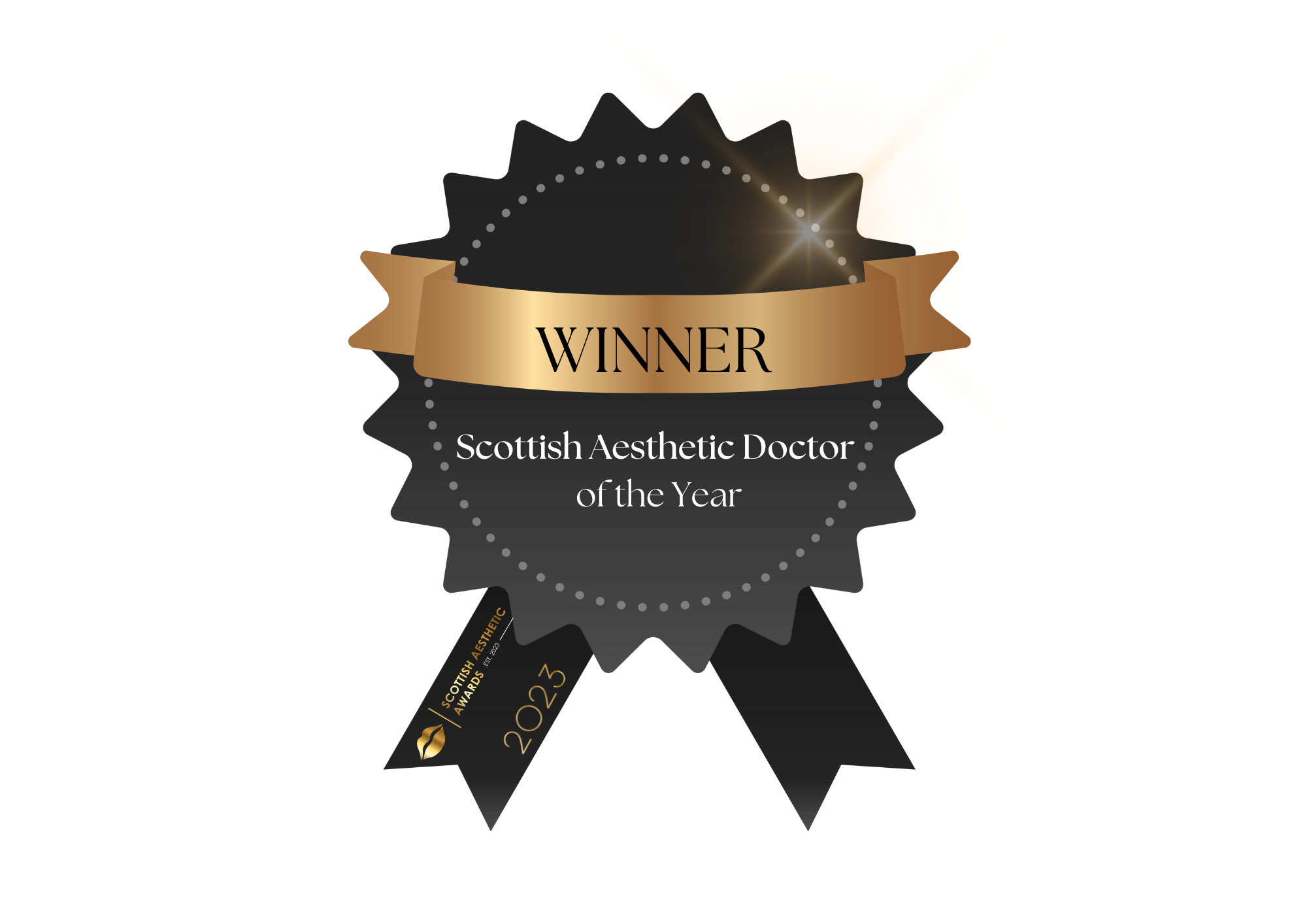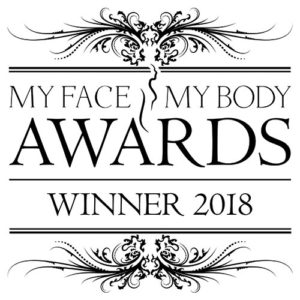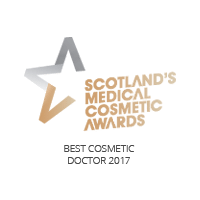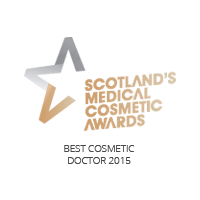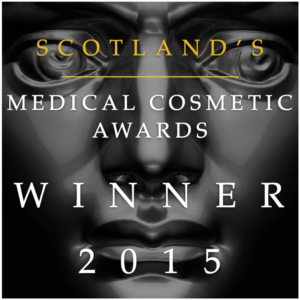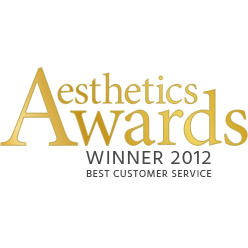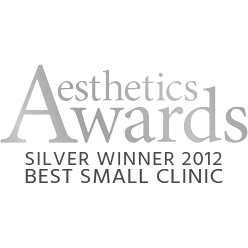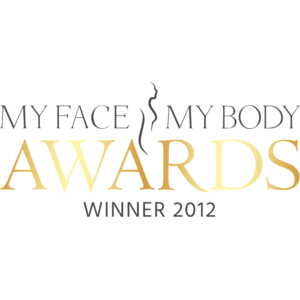Turning Acne Inside Out - Be Spot Free!
Acne is a skin condition that affects many people – although more common during adolescence it can continue into adulthood or even appear for the first time at a later point in life. With society’s current obsession with physical perfection, it is not surprising that having an imperfect complexion can impact on an individual’s self-confidence and emotional well-being.
There are many conventional acne treatments which include skincare products, skin treatments and medications, it should come as no surprise that other lifestyle factors such as diet can also impact on and even improve skin health.
Before considering the possible impact of lifestyle changes it is important to be aware of the underlying causes of acne and understand that there is rarely a single cause.
There are four other main factors, apart from diet, that contribute to causing acne. There is a link to your genes, your family history. Hormone changes, which can lead to an oily skin are often involved. Thirdly, there are blocked pores due to excessive skin shedding (hyperkeratinisation) in the sebaceous glands, and then there is colonisation by the P. Acnes bacterium. My focus here is on the fifth important factor- diet.
Changing some dietary habits can certainly help to control acne:
- Maintaining a steady blood sugar level has been shown to make a significant difference – this involves eating food with a low glycaemic index (GI).
Food with a high glycaemic index will cause a spike in blood sugar levels (refined carbohydrates – sugary drinks, white bread, white pasta, cakes, ice-cream and pastries). This spike in blood sugar causes a spike in insulin production. As well as helping to rapidly reduce the high blood sugar level, this also stimulates other hormones such as Insulin-like growth factor 1 (IGF1). This increases the hyperkeratinisation and excess oil production – which therefore worsens the acne.
Studies have shown that following a low GI diet can improve acne and other evidence shows that acne is much less common in populations eating traditional diets which are not full of processed foods and refined carbohydrates. - There are concerns that milk and dairy products can also promote insulin secretion and other hormones such as IGF1 – whether this is a consequence of animals being fed hormones in order to increase milk production is not yet proven. Whey protein is derived from milk and has also been shown to exacerbate acne.
This means cutting down milk, cheese and yoghurt – this may be less of a concern with goat- derived products – but there are also nut-based milks available which may improve the skin condition. - Following a diet that can reduce inflammation may decrease acne symptoms – omega-3 rich foods such as avocado, salmon and chia seeds are preferable to the omega -6 rich foods such a soya bean oil which are thought to have more inflammatory effects. Eating a “rainbow” plate of vegetables and fruits is an effective way of boosting anti-oxidants such as vitamin C which have powerful anti-inflammatory actions
Foods to enjoy
- Vegetables: green vegetables, peppers, courgette, cauliflower, carrots, beetroot.
- Fruit: apples, bananas, berries, cherries grapefruit, grapes, oranges, peaches,pears.
- Whole grains and starchy vegetables: Sweet potato, quinoa, butternut squash, brown rice, oats, buckwheat.
- Healthy fats: whole eggs, olive oil, avocados, avocado oil, nuts, seeds, nut butters.
- Plant-based dairy alternatives: cashew milk, almond milk, coconut milk, coconut yogurt.
- High-quality protein: salmon, tofu, chicken, turkey, eggs, shellfish.
- Legumes: chickpeas, black beans, lentils, kidney beans, etc.
- Anti-inflammatory herbs and spices: cinnamon, black pepper, parsley, garlic, ginger, cayenne, turmeric.
- Unsweetened beverages: water, sparkling water, green tea, fruit tea.
Foods to avoid
- Milk and dairy products: milk, cheese, yogurt, ice cream.
- Highly processed foods: fast food, frozen meals, meal bars, sugary cereals, chips, microwave meals, white bread.
- Sweets and sugary beverages: candy, cake, sugary drinks, cookies, table sugar, energy drinks, sweetened sports drinks, fruit juice.
Can supplements help?
There is evidence that low levels of Vitamin D, vitamin B and zinc can exacerbate acne, but it is worthwhile asking your practitioner to check for these before supplementing with these.
Apart from following a healthy, nutritionally balanced diet and perhaps experimenting with the supplements above, other lifestyle factors may need consideration when it comes to controlling your acne. These have been shown to exacerbate the various causes of acne as described below:
- Smoking is significantly associated with acne- it starves the oxygen supply to the skin, affects healing and disrupts hormone function causing excess oil production.
- Excess alcohol – upsets hormone balance and blood sugar control and lowers immunity.
- Sleep deprivation - upsets hormone balance and immunity
- Stress – upsets hormone balance and immunity
Alongside with taking all of these factors into consideration and therefore lowering the predisposition to acne, a good skincare regime using effective products and treatments can significantly improve your skin health. At Temple Clinic we have a dedicated team of acne experts who will take the time to understand the underlying issues with your skin before recommending a skin care programme that can transform your skin health and help to bring your acne under control.

